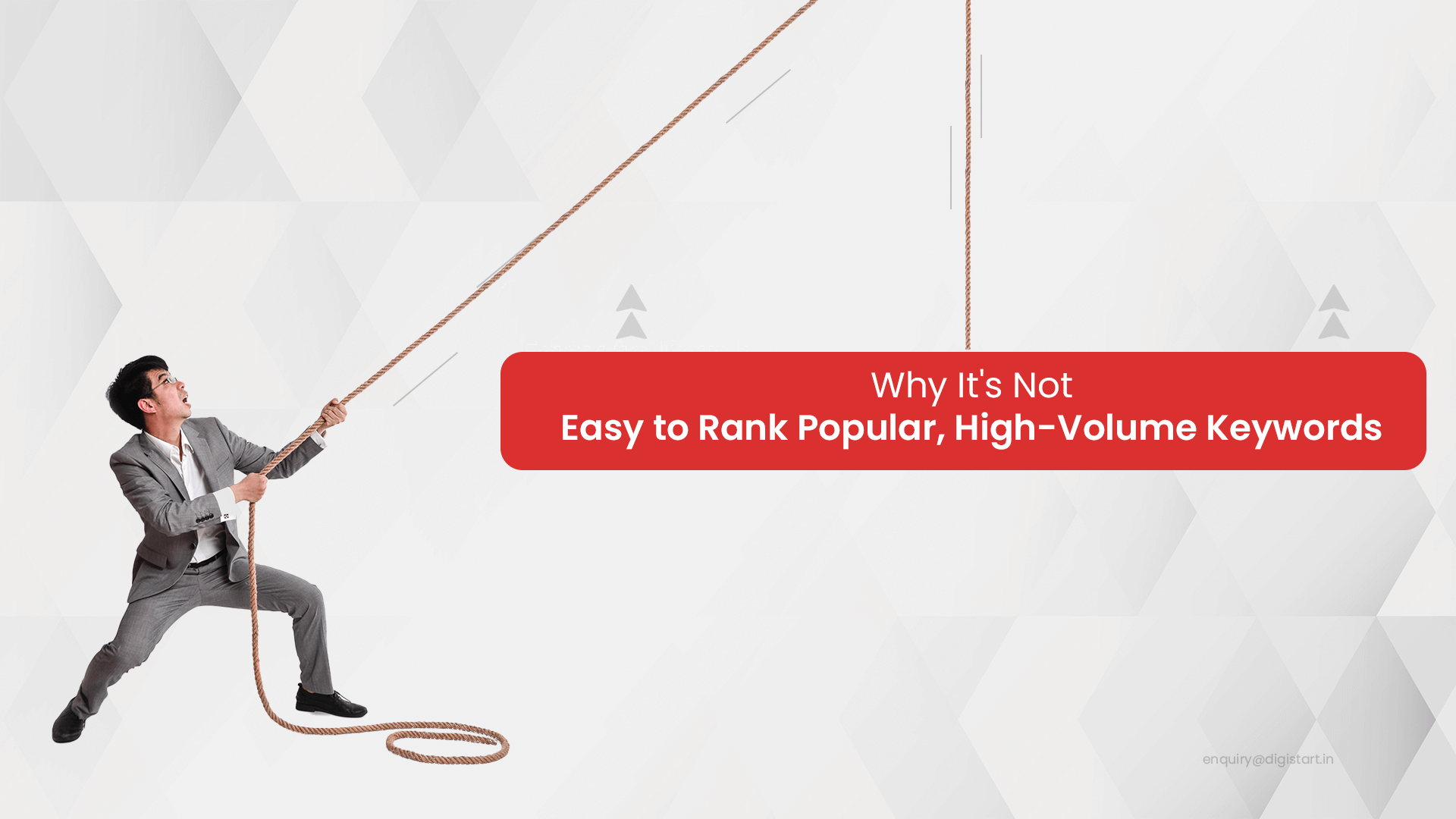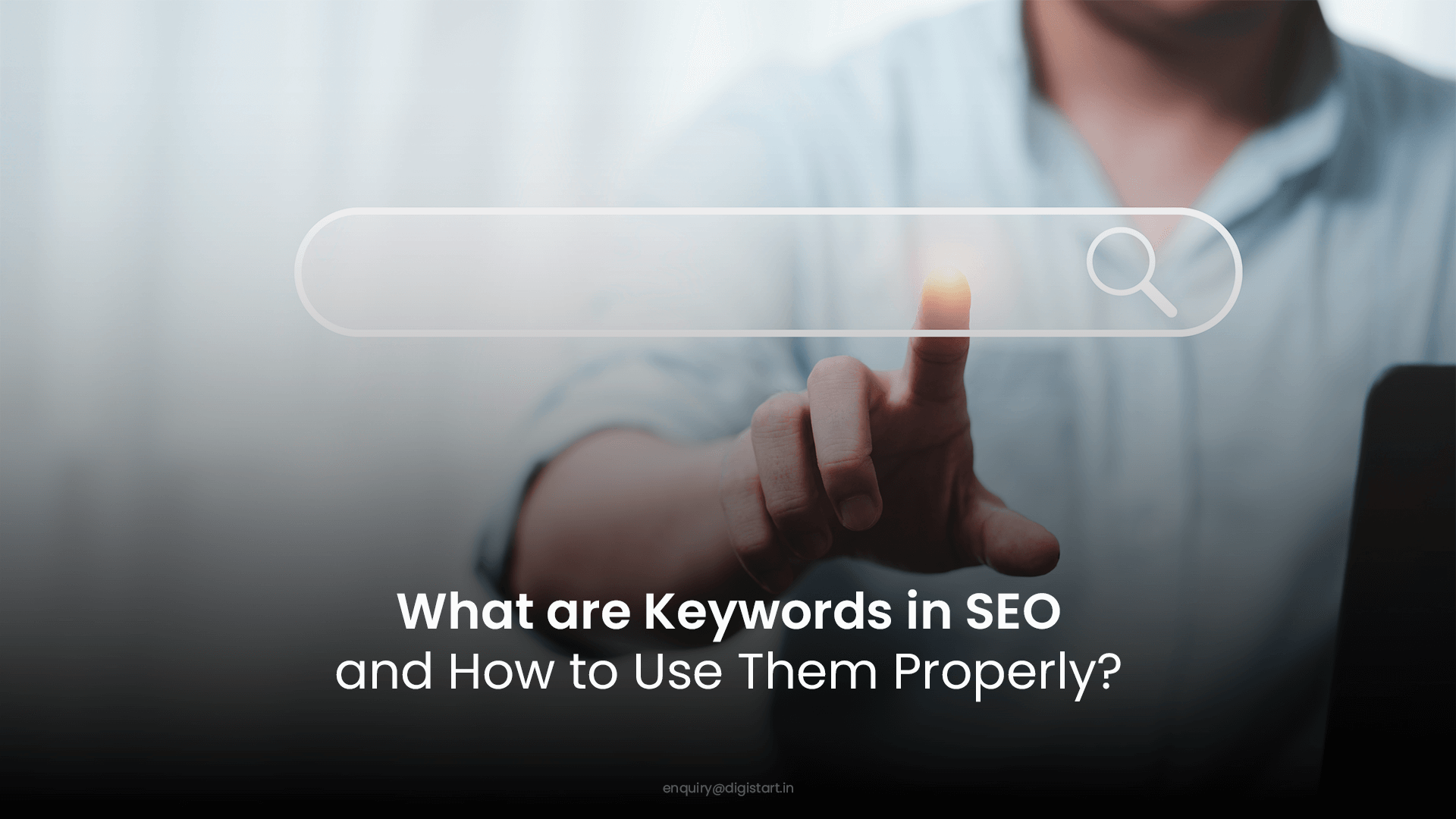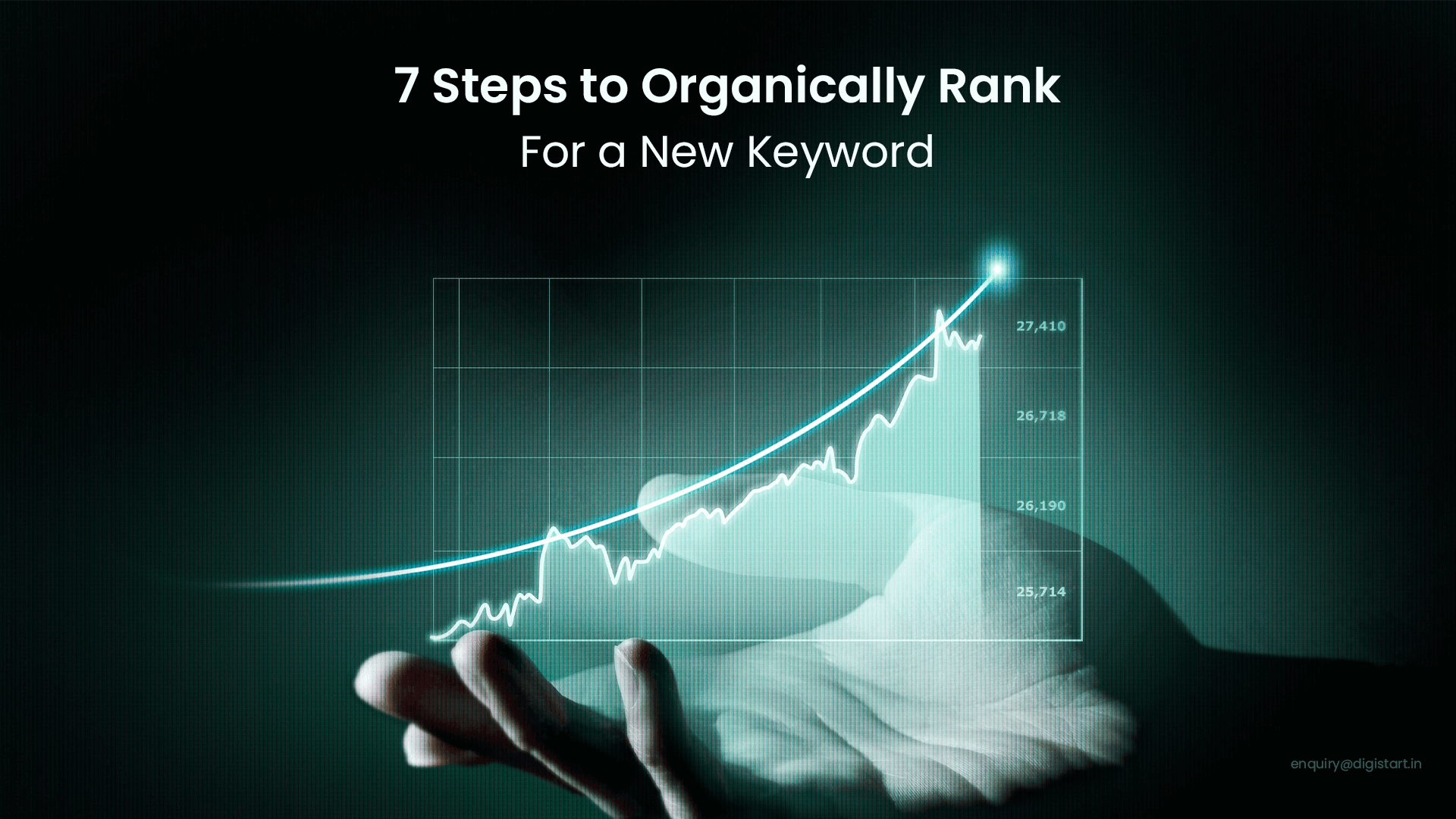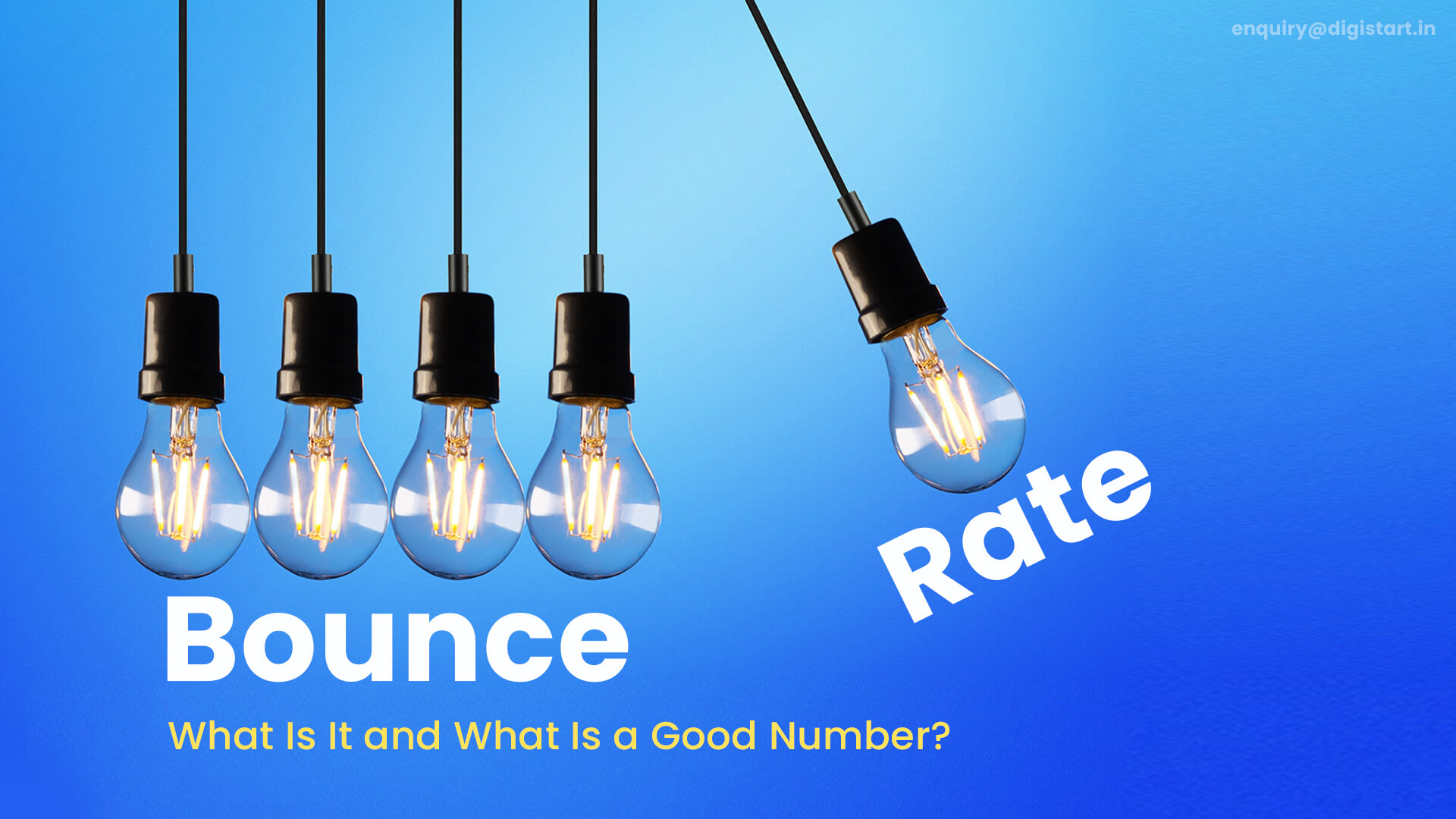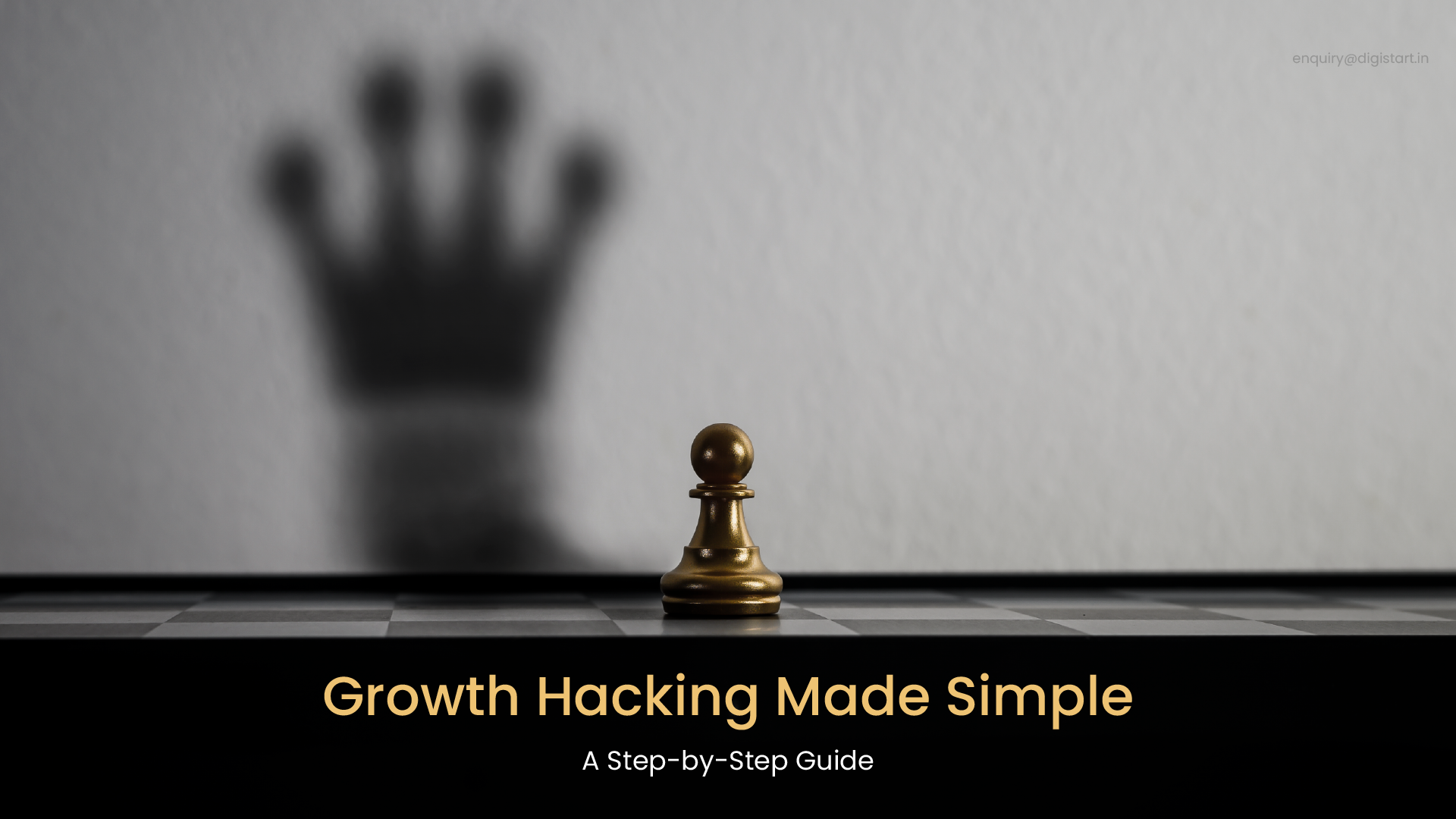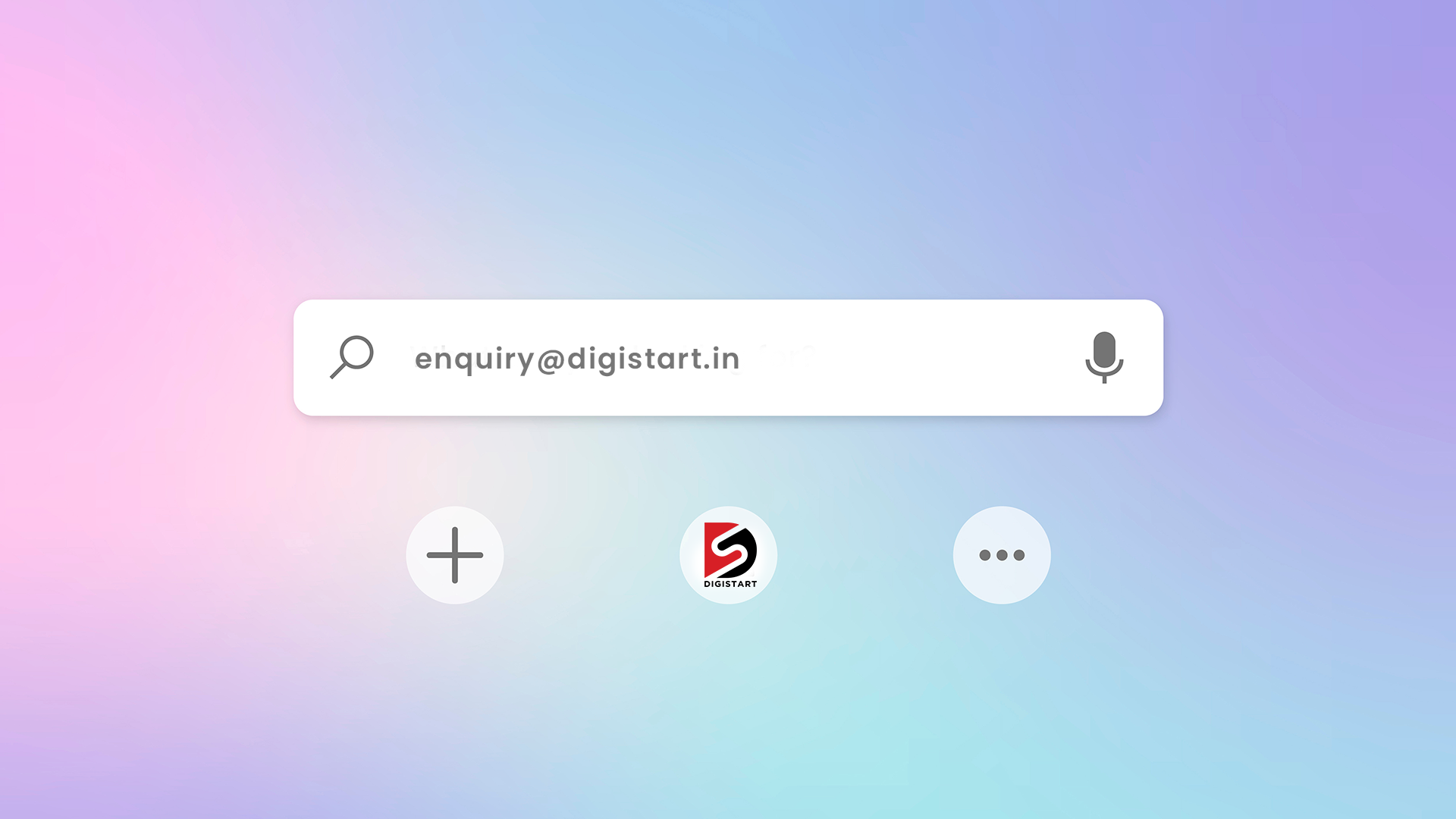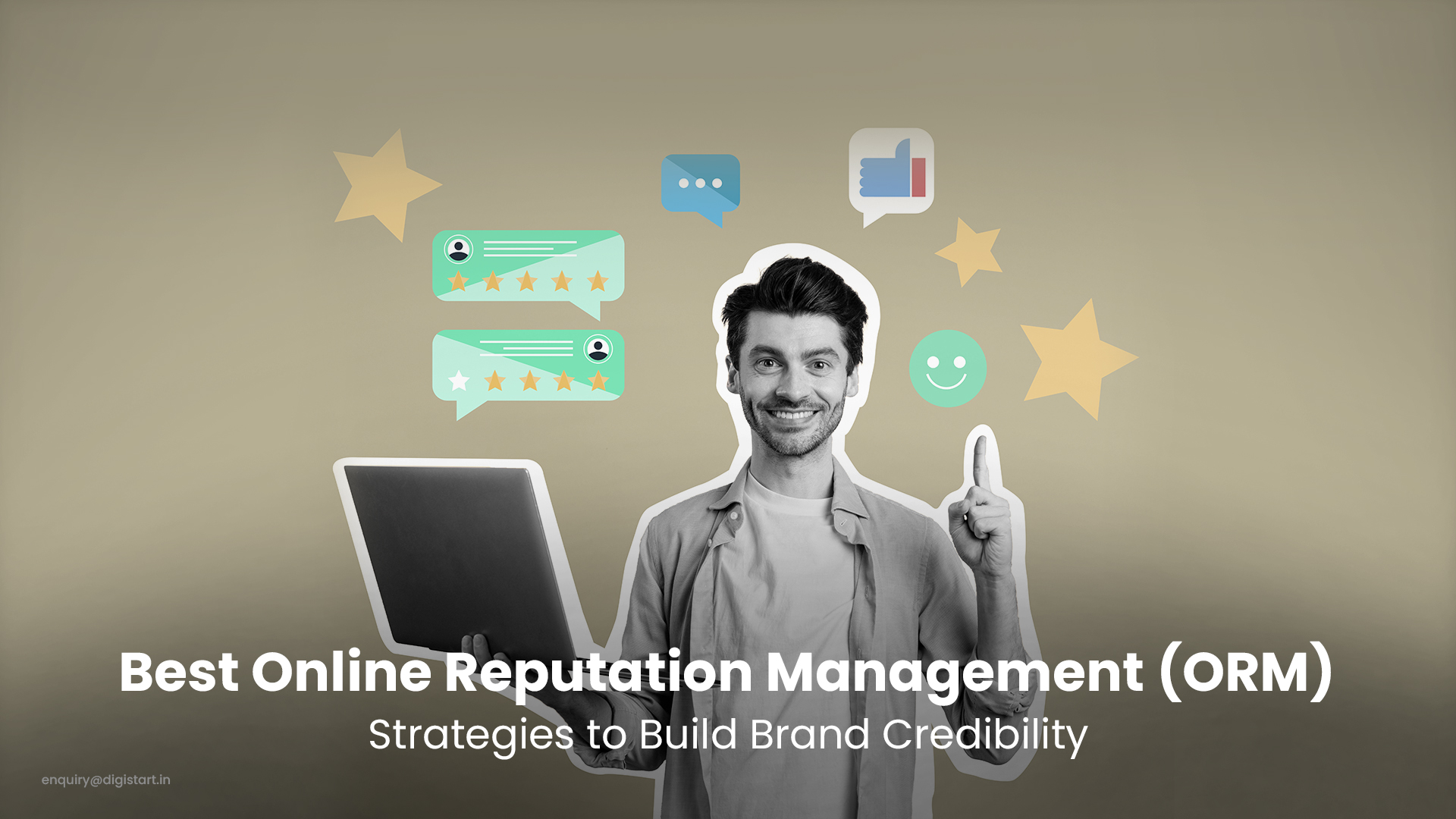 29 Aug 2023
29 Aug 2023
Any inbound lead generation strategy is heavily reliant on SEO - it accounts for more than 70% of our leads. So, therefore, we were concerned when we noticed that some of our top commercial landing pages had dropped out of the top five positions for their targeted search terms.
When we investigated who was unseating us in the SERPs, we noticed something both frightening and intriguing: our high-value, commercial-intent landing pages were not being displaced by competitors. Business directories and "listicles" that rank or compare various enterprises were displacing them.
Why is it difficult for new websites to rank on Google?
There are two main reasons why new websites are not easy to rank for popular, high-volume keywords:
New websites do not yet have considerable site authority: When it comes to targeting a specific term, on-page optimization is only half the battle. When allocating ranks, the Google algorithm considers site or domain authority. The authority of your site is determined by characteristics such as domain age (new websites have less authority), the number of inbound links your site has received, and the authority of the sites that link to you.
The competition for "popular keywords" has increased significantly: Because more sites are trying to rank for increasingly prominent keywords, your site authority is even more vital if you want to rank on or near the top page. Consider this: Some websites have been online for a decade or more, attempting to rank for valuable popular keywords (for example, "auto insurance" or "local weather"). It's improbable that a newcomer will be able to walk in and steal one of the top slots simply because they desire it.
What can you do to rank your website faster?
Target long-tail keywords
Longer, more precise keywords, often known as long-tail keywords, have lower search volume than head phrases but are considerably easier to rank for. A new website, for example, has almost no chance of ranking for the broad keyword "insurance," but would fare considerably better with a specialized keyword like "business overhead expense disability insurance." This is because this long keyword has fewer websites with similar words to rank for. Long-tail keywords also indicate more purpose, making it easier for you to generate content that fulfills the user's suggested demands.
Create high-quality content
SEO "content" refers to anything on your website that could rank for a relevant term, such as a blog entry that answers a question, a video that demonstrates how to do something, or reviews of the things you offer. By "real content," we mean information that is beneficial to people. Your content marketing plan should naturally flow from the type of business you run, the keywords your prospects use, and your area of expertise.
Link building
Google is on a warpath against SEO spammers, so take precautions when developing links. Don't buy links in quantity, and don't waste your time on low-quality websites that are unrelated to your subject. Spammy link methods are unlikely to work in the long run, but you still need links to demonstrate to Google that your site is worthy of ranking. So use the fantastic content you're producing and effective link outreach to draw attention to your website.
Keep on repeating the above two steps
As previously said, the age of your site is important to Google. So there's no quick fix for high SEO ranks; it's mostly a waiting game. However, domain age alone isn't particularly valuable; your site should be constantly expanding and developing. It should continuously offer new content.
Try PPC
Consider using paid search marketing, or PPC, to increase visitors while you work to improve your site's authority and organic ranks. It's often faster and easier to put advertisements for your desired keywords on the results pages than it is to rank for them organically, so you may use it as a stop-gap solution while your site is young and as a supplement to organic traffic later. Your PPC account will also provide essential data to help you perform organic SEO more effectively.
The bottom line
Getting ranked for highly competitive keywords is difficult. But it is not impossible. You have to be patient and keep on doing the steps mentioned in this post. SEO takes time and it depends upon a lot of other factors other than just keywords
P.S.: Are you running a small business or starting your brand? You might need a more specialized and professional Digital marketing agency like Digistart.
Digistart is the best digital marketing company in Bangalore that provides the complete package of of marketing and conversion services, including social media marketing services, content marketing, lead generation services, and ORM services in Bangalore.


